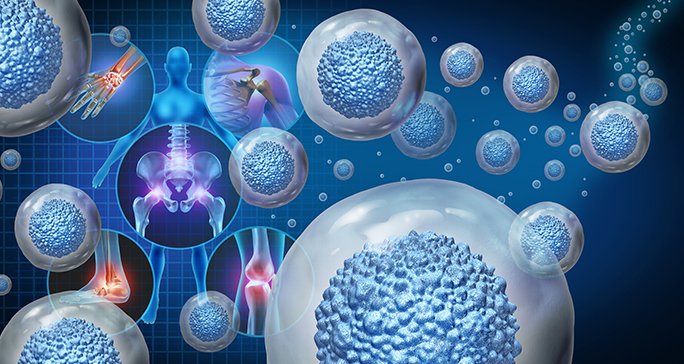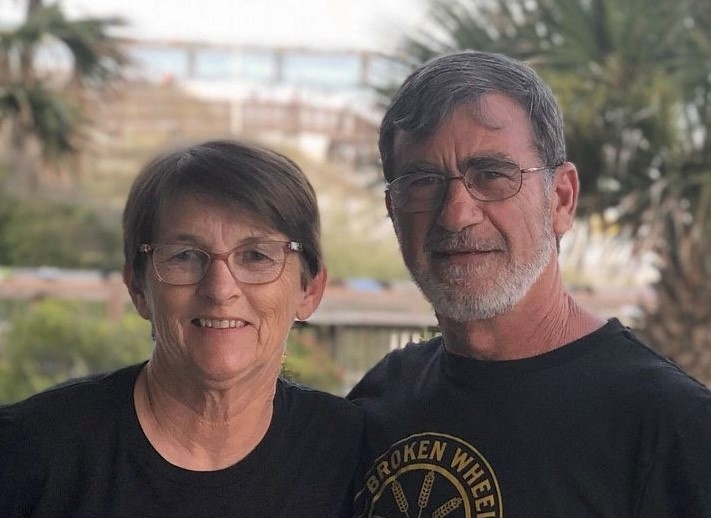- Diseases
- Acoustic Neuroma (14)
- Adrenal Gland Tumor (24)
- Anal Cancer (66)
- Anemia (2)
- Appendix Cancer (16)
- Bile Duct Cancer (26)
- Bladder Cancer (68)
- Brain Metastases (28)
- Brain Tumor (230)
- Breast Cancer (718)
- Breast Implant-Associated Anaplastic Large Cell Lymphoma (2)
- Cancer of Unknown Primary (4)
- Carcinoid Tumor (8)
- Cervical Cancer (154)
- Colon Cancer (164)
- Colorectal Cancer (110)
- Endocrine Tumor (4)
- Esophageal Cancer (42)
- Eye Cancer (36)
- Fallopian Tube Cancer (6)
- Germ Cell Tumor (4)
- Gestational Trophoblastic Disease (2)
- Head and Neck Cancer (6)
- Kidney Cancer (124)
- Leukemia (344)
- Liver Cancer (50)
- Lung Cancer (288)
- Lymphoma (284)
- Mesothelioma (14)
- Metastasis (30)
- Multiple Myeloma (98)
- Myelodysplastic Syndrome (60)
- Myeloproliferative Neoplasm (4)
- Neuroendocrine Tumors (16)
- Oral Cancer (100)
- Ovarian Cancer (170)
- Pancreatic Cancer (164)
- Parathyroid Disease (2)
- Penile Cancer (14)
- Pituitary Tumor (6)
- Prostate Cancer (144)
- Rectal Cancer (58)
- Renal Medullary Carcinoma (6)
- Salivary Gland Cancer (14)
- Sarcoma (236)
- Skin Cancer (296)
- Skull Base Tumors (56)
- Spinal Tumor (12)
- Stomach Cancer (60)
- Testicular Cancer (28)
- Throat Cancer (90)
- Thymoma (6)
- Thyroid Cancer (98)
- Tonsil Cancer (30)
- Uterine Cancer (78)
- Vaginal Cancer (14)
- Vulvar Cancer (18)
- Cancer Topic
- Adolescent and Young Adult Cancer Issues (20)
- Advance Care Planning (10)
- Biostatistics (2)
- Blood Donation (18)
- Bone Health (8)
- COVID-19 (362)
- Cancer Recurrence (120)
- Childhood Cancer Issues (120)
- Clinical Trials (628)
- Complementary Integrative Medicine (24)
- Cytogenetics (2)
- DNA Methylation (4)
- Diagnosis (230)
- Epigenetics (6)
- Fertility (64)
- Follow-up Guidelines (2)
- Health Disparities (14)
- Hereditary Cancer Syndromes (124)
- Immunology (18)
- Li-Fraumeni Syndrome (8)
- Mental Health (118)
- Molecular Diagnostics (8)
- Pain Management (62)
- Palliative Care (8)
- Pathology (10)
- Physical Therapy (18)
- Pregnancy (18)
- Prevention (898)
- Research (392)
- Second Opinion (74)
- Sexuality (16)
- Side Effects (604)
- Sleep Disorders (10)
- Stem Cell Transplantation Cellular Therapy (216)
- Support (404)
- Survivorship (322)
- Symptoms (184)
- Treatment (1776)
Non-Hodgkin lymphoma survivor: Listening to my mother saved my life
2 minute read | Published August 03, 2017
Medically Reviewed | Last reviewed by an MD Anderson Cancer Center medical professional on August 03, 2017
If it hadn’t been for my mom, I might not be here today.
I thought I was in remission in the spring of 2008. I’d already completed six rounds of chemotherapy for T-cell lymphoma — a type of non-Hodgkin lymphoma — near my home in central Louisiana.
But my mother, a registered nurse, insisted I go to MD Anderson. She knew I might still need a stem cell transplant, and my local oncologist didn’t do those. She made an appointment for me at MD Anderson on March 24, 2008. I’m really glad now that I went.
Second opinion leads to non-Hodgkin’s lymphoma re-diagnosis
I met with Issa Khouri, M.D., that day. Thanks to the advanced technology MD Anderson uses, we discovered that I wasn't in remission after all. I still had tumors in my chest and kidneys.
Dr. Khouri recommended I start chemotherapy immediately, in preparation for an allogeneic stem cell transplant. I followed his advice and had my transplant on Aug. 7, 2008. My immune system is still recovering, but I’ve been cancer-free ever since.
What makes MD Anderson superior
I really liked my local oncologist, and I’m grateful to him for keeping me alive. But if I had to do it all over again, I’d go to MD Anderson first.
From the moment I arrived here, I was amazed. Every single employee I encountered was professional and polite. And the sheer number of cancer patients that they treat on a daily basis gives them an advantage over smaller facilities.
But the quality of care I received at MD Anderson is what really separates it from other hospitals. The technology and treatment plans are advanced, extensive and impressive. And there’s a specialist for nearly every complication a patient could run into.
Amenities make the difference
MD Anderson provides so many things that made my visits comfortable, too.
Just the services offered (in-house pharmacies, physical therapy, religious facilities, eateries, coffee shops, libraries, care training, etc.) show that MD Anderson has thought of every possible aspect of dealing with cancer. I used The Learning Center a few times myself to do research.
The hospital rooms are spacious and comfortable. Meal quality far exceeds any hospital I’ve ever been in. And having the Rotary House right next door is such a plus. It’s so nice to be able to wake up and just take a shuttle to your appointments, instead of having to fight Houston traffic.
If any of my loved ones had cancer today, I would encourage them to go straight to Houston. MD Anderson is the “big guns.” They know what they are doing, and I’m so glad my mother sent me their way.
That old saying about mothers always being right is true. I’m so glad that I listened to mine.
Request an appointment at MD Anderson online or by calling 1-877-632-6789.
Related Cancerwise Stories

MD Anderson has thought of every possible aspect of dealing with cancer.
James Deshautelle
Survivor





